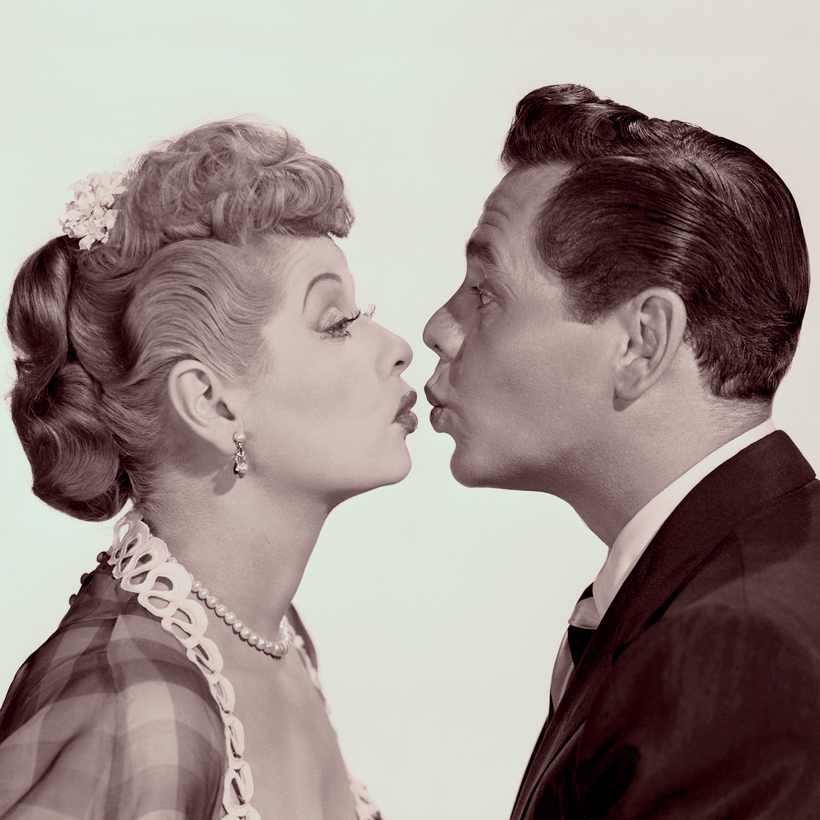Like anybody who ever heard Ricky Ricardo open his mouth, I’d always known that Desi Arnaz was a proud Cuban American, “one of the great personalities of all time,” as his friend the dancer Ann Miller once put it. But until I started researching my new biography, Desi Arnaz: The Man Who Invented Television, I did not fully understand just how much Arnaz’s traumatic teenage flight from his homeland influenced his life and career—for better and worse.
Arnaz was raised as a prince in pre-revolutionary Cuba, where his mother was the daughter of a Bacardi-rum executive and his father was the longtime mayor of Santiago, the island’s second-largest city, and a supporter of the country’s American-backed president, Gerardo Machado, who had started out as a democratic reformer but became corrupt and repressive and was overthrown in 1933. The family lost everything and was forced to flee, penniless, to Miami, where Arnaz re-invented himself as a self-taught musician and helped spark the conga dance craze in America before he turned 21.


